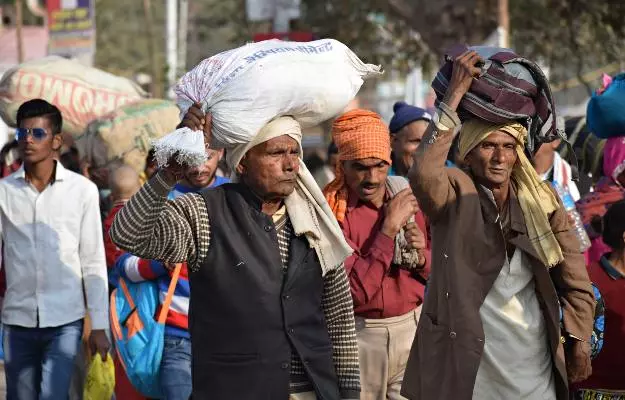India reported its first case of novel coronavirus infection caused by the SARS-CoV-2 virus on 30 January in Kerala. On 24 March, Prime Minister Narendra Modi announced a nationwide lockdown to limit the spread of the infection. The lockdown made it easier to implement social distancing and gave the authorities time to ramp up testing and facilities to take in more patients.
Read more: COVID-19 India timeline
Researchers have argued that the lockdown was a necessity in India: A projection study by researchers at the Center for Disease Dynamics, Economics & Policy, Johns Hopkins University and Princeton University indicated that the original 21-day lockdown in India slowed the transmission rate, while also giving the healthcare system more time to better prepare for a large number of cases.
Read more: How does COVID-19 spread?
Now as countries around the world prepare to lift lockdowns, India too is starting to ease the strict lockdown rules that came into force from 25 March. To be sure, India's nationwide lockdown has already been extended twice due to the rising number of COVID-19 cases. And while it is possible that the lockdown will remain in place in one form or another, in some parts of the country, it obviously cannot go on indefinitely.
As and when the lockdown is lifted, you will have to take extra precautions to keep infection at bay. If you need to travel for something urgent, Indian Railways is resuming services with some changes to prevent infection. Read on to know what to expect, and how to get ready for train travel after lockdown.









































